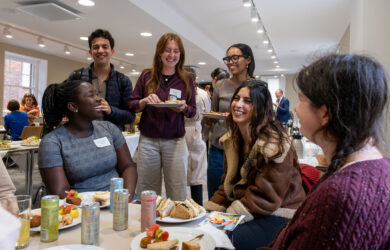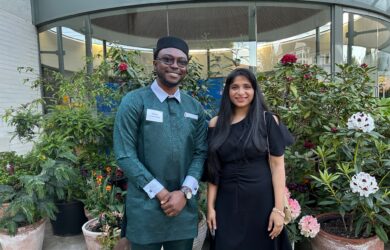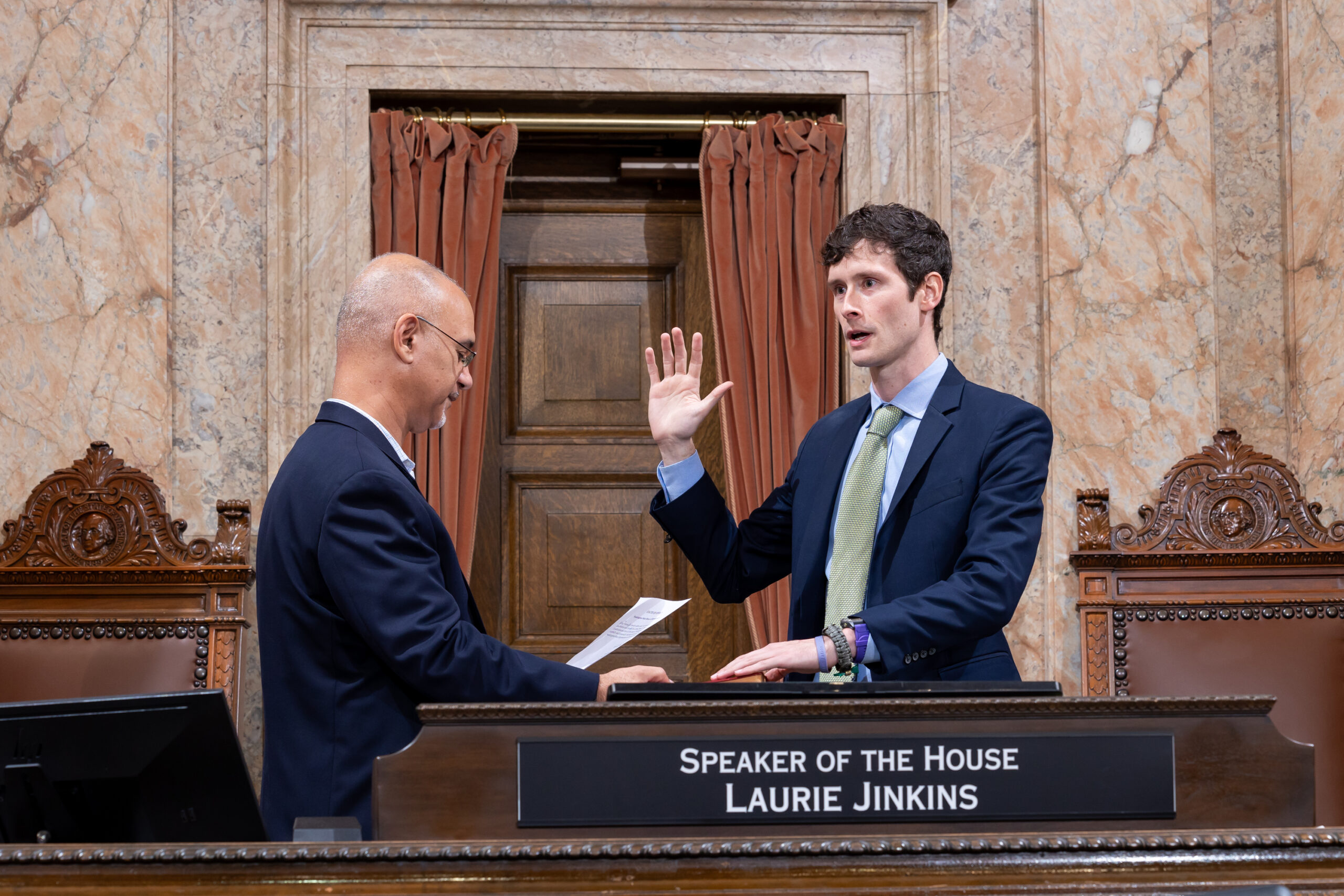
Greg Nance has been appointed as a Washington State representative for Kitsap County.
Gates Cambridge played a massive part in my development and put me in touch with amazing people who have really inspired me.
Greg Nance
Greg Nance has gone from running two non-profit organisations and a series of ultra marathons to running for office.
Not that he has dropped the non-profits, but he is now doing them alongside a new political role. Greg was recently chosen as a Washington State representative for Kitsap County, one of 49 districts across Washington State, after the previous incumbent moved up to the Senate. Each district has two representatives.
Greg was one of six Democrats interviewed for the position. Three were picked to advance to the next round and were interviewed at an open public meeting. Greg brought 15 supporters with him, including fire fighters and members of the nurses union and he was endorsed by a local native American tribe. “I wanted to show I was serious and that I had support from all corners of the county,” he says. This was particularly the case because Greg is from a better off part of the country, although his family background is one of public service.
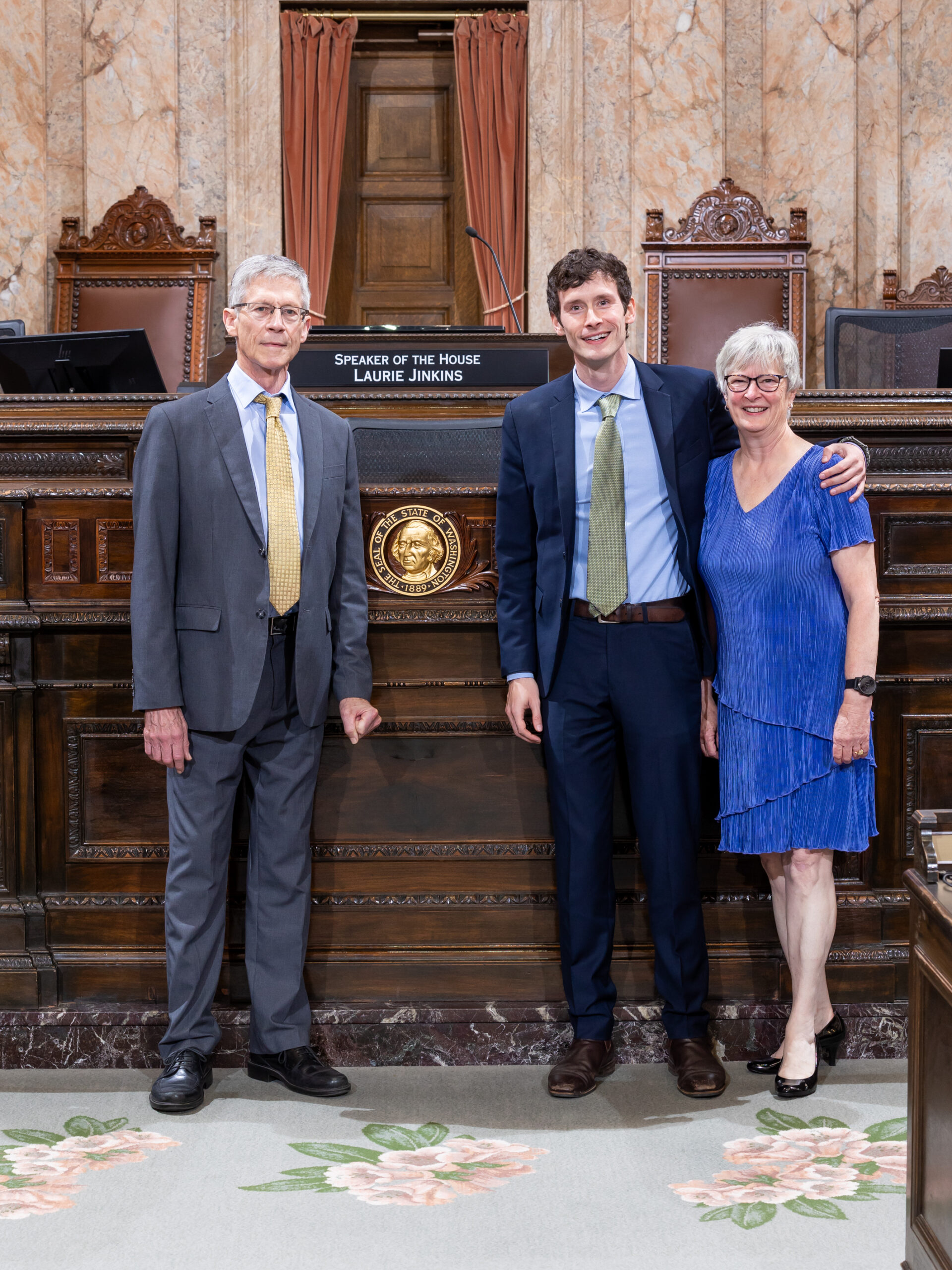
Rep. Greg Nance with guests, September 21, 2023.
Greg grew up on Bainbridge Island and says his motivation for representing local people’s concern is in large part due to his family. His mother was a social worker in a nursing home and his father helped unionise the Seattle Public Defender Association to ensure everyone had effective legal representation.
He was sworn in on 18th September and says that from the moment the results were announced he has been flooded with calls, many related to fixing the country’s ferries.
As one of the youngest representatives at 35, he says he has the stamina, enthusiasm and thick skin necessary to survive in what can be a vicious world of politics. “I am very mission oriented,” he says. At the moment he is doing all he can to meet as many local people as possible. “I love meeting my neighbours,” he says, adding that his experience founding and running Moneythink, an organisation that aims to increase young people’s financial capability, and youth mental health organisation the Run Far Foundation has been “a massive help”. It means he has experience of negotiating the challenges policy sometimes puts in his way. Being a legislator means he gets the view from the other side of the fence. He adds that it is important that law is not just the province of lawyers and that there is input from diverse voices.
Learning curve
As a state representative he is part time. The state legislature is in session 105 days a year. “The job is designed to be a part-time role, but a very demanding part-time one,” he says. “They expect you to keep your day job because the system is made to bring citizens together to make decisions for everyone.”
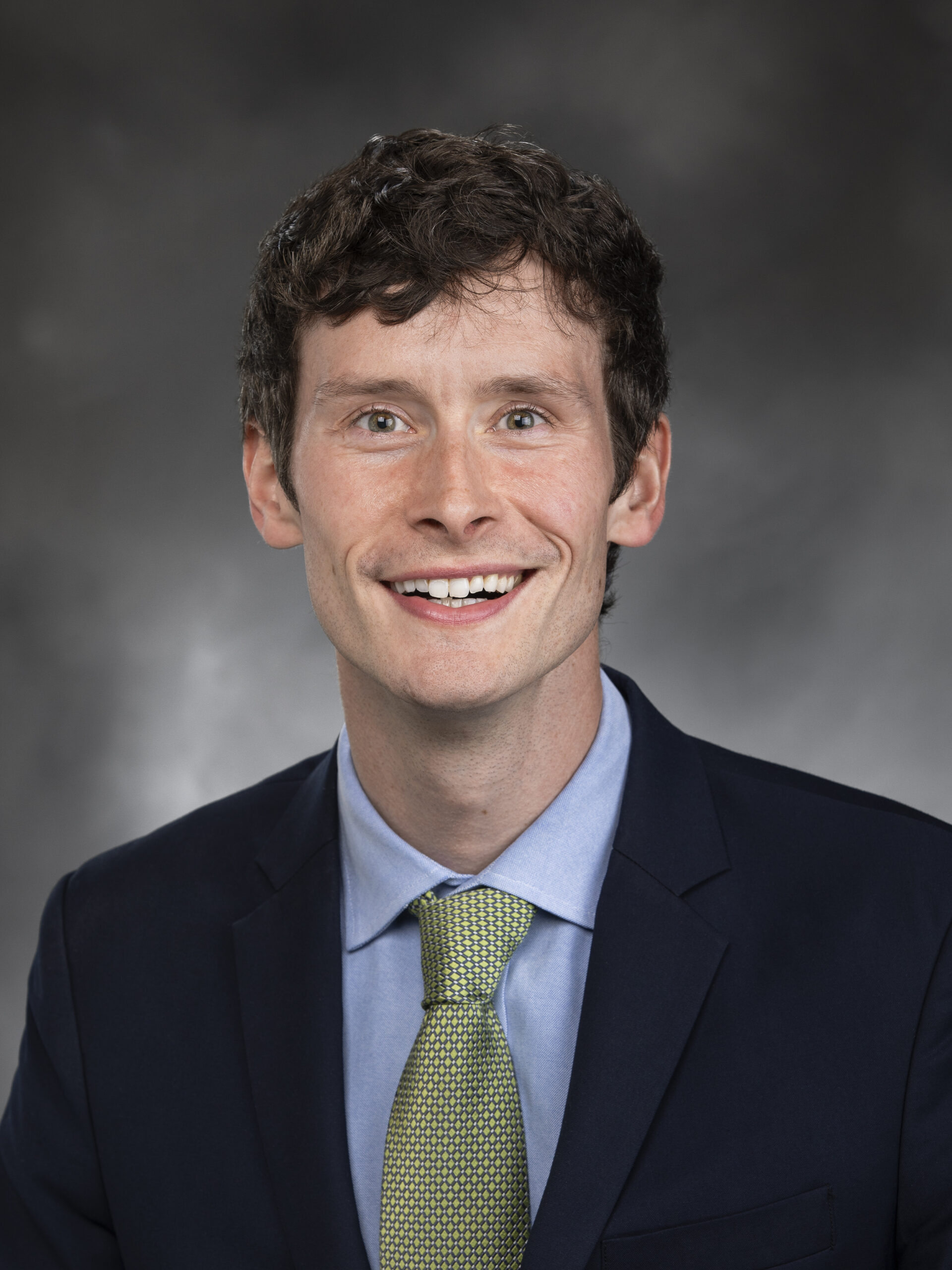 At the moment Greg is on a steep learning curve, but he’s loving it. “There is such an opportunity to do good,” he says.
At the moment Greg is on a steep learning curve, but he’s loving it. “There is such an opportunity to do good,” he says.
Greg, who did his MPhil in Management [2011] and has since gone on to create and serve on the board of several organisations. adds that he has been supported by his Gates Cambridge friends, including education innovator Simon Breakspear, neuroscientist Brianne Kent [2011] and Noah Isserman [2008] who he praises for his ‘pioneering work’ on public private partnerships. “Gates Cambridge played a massive part in my development and put me in touch with amazing people who have really inspired me,” he says.
Greg has four key focuses for his work, ranging from better public schools and mental health provision for everyone to the need to protect the beautiful ocean environment of the area and fixing the ferries in recognition of their importance in getting people to school, work and medical appointments. It’s a mixture of local and national issues.
He says he was content to be a non-profit leader until Donald Trump was elected president. “I was heartbroken. I felt the Democrats had forgotten how to talk to working class people and Donald Trump tapped into that,” he says. “I am from a working class family and I knew I had to help bring people back into the fold rather than calling them a racist or demonising them. I had to be part of the solution.”








